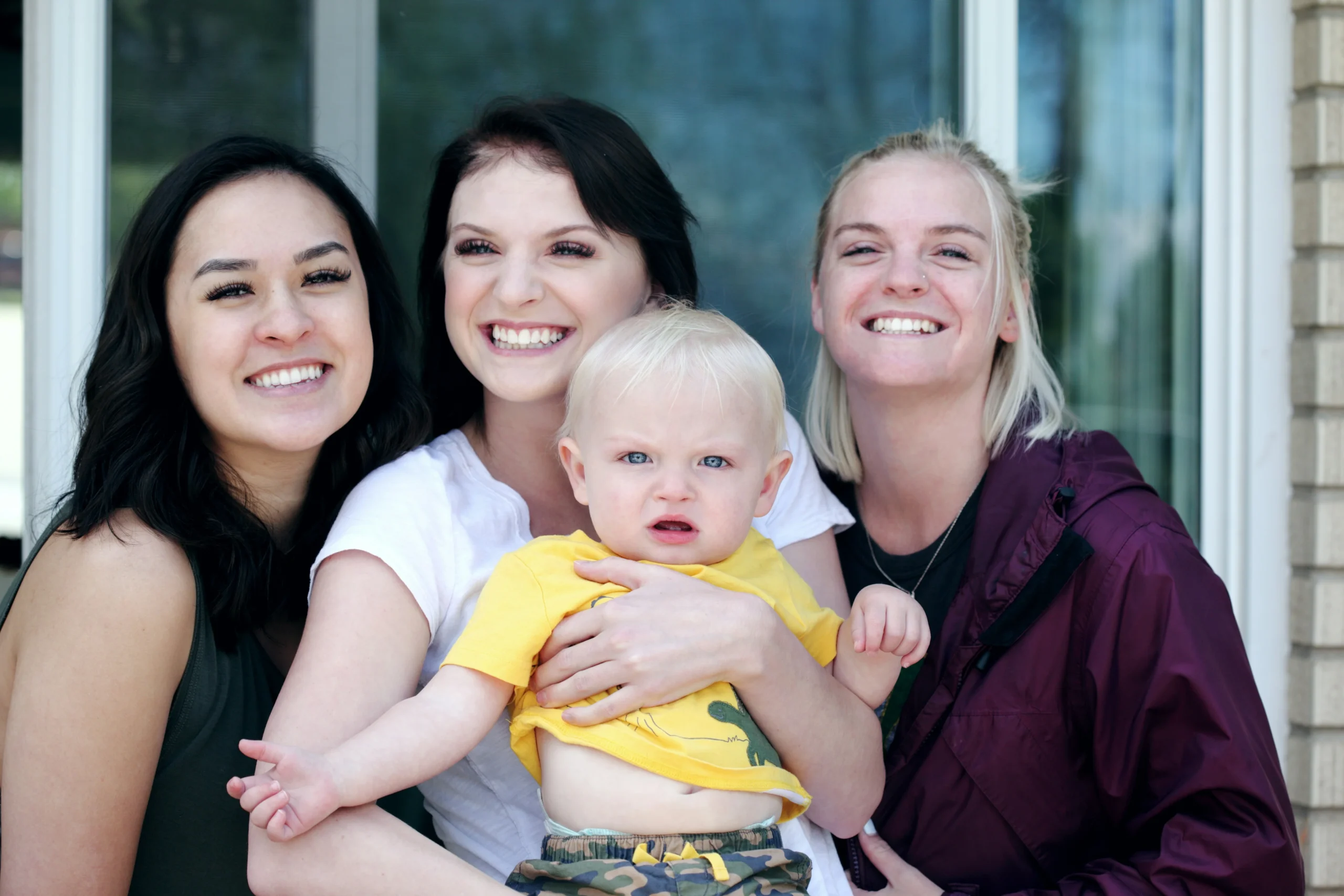Siblings: fitted in as best friends, absolute irritations, and keepers of our deepest veiled secrets. But let’s be truely honest, sometimes that “built-in best friend” feels more like a permanent critic. Sibling rivalry and disagreements happen and are completely natural, and with siblings, they can feel specifically loaded. So, how do we link the gap and nurture a more understanding connection?
At the end of this blog, you will get to know all that and will be able to deal with Sibling rivalry and such episodes professionally without any mental hurdle.
Modern psychology offers some fantastic tools
- The Power of “I” Statements: Instead of accusatory “you” statements (e.g., “You often take my stuff!”), try “I” statements that demonstrate your feelings (e.g., “I feel annoyed when I can’t find my things”). This decreases defensiveness and opens the door to empathy and more understanding for sibling rivalry.
- Active Listening: Really listen to your sibling’s opinion and point of view. Pay attention to both words and nonverbal actions. Reflect back what you heard to make sure that understanding (e.g., “So it feels like you felt left out when we went to that movie”).
- Focus on Common Ground: Always remember the things that make you a perfect team! Collected childhood memories, inside jokes, or even just a love for pizza can be a great cornerstone for rebuilding connection and making it more dense and firm.
But psychology isn’t the sole origin of wisdom. Saints throughout history have brawled with drama too. Here’s what some of their insights tell us about sibling rivalry:
- St. Francis of Assisi emphasized the signifance of peacemaking. Achieve communication with the goal of understanding, not argumenting or winning.
- St. Teresa of Calcutta championed compassion. Try to see things from your sibling’s opinion and perspective, even if you discontent.
- Brother Lawrence encouraged living in the available contemporary moment. Don’t dwell on past moments that hurt you. Attention on building a better relationship now more strong.
Putting it all together
- Pick a calm moment for communication. Don’t try to hasten in delivering your perspective or sharing opinion about things out when emotions are running high in torrent.
- Start by acknowledging your sibling’s feelings. Use an “I” statement to display your desire to improve and enhance the relationship (e.g., “I know we haven’t been achieving along lately, and I miss having a pleasing relationship with you”).
- Actively listen to their perspective. And don’t make them feel unheard in sibling rivalry, this will get them a negative feeling from your side, further deepening gap.
- Find common ground. Can you concede upon a shared activity or memory that pleased you both?
- End by displaying hope for a better future (e.g., “Maybe we could try doing [shared activity] together sometime”).
Here are some extra points to evade when communicating with a sibling who doesn’t see eye to eye:
- Bringing up past hurts: Dredging up old debates, fights or childhood slights only heatens negativity. Focus on the contemporary issue.
- Name-calling and insults: These targets shut down communication. Remain attached to the facts and ignore personal attacks.
- Trying to “win” the argument: Aim for understandable talk, not victory. When someone feels attacked, they’re less likely to hear.
- One-upmanship: Don’t try to outdo your sibling’s issues or brag. This forms a competition instead of a space for empathy in sibling rivalry.
- Minimizing their feelings: Phrases like “It’s not a big deal” or “You’re overreacting” nullify their perspective..
By evading these points, you can form a more respectful and efficacious conversation with your sibling.
Conclusion
Always remember, establishing a strong sibling bond takes time and is a prolonged journey of emotional pleasing, hurts and effort. But with a dash of modern psychology and quality methods and a powder of saintly wisdom, you can modify that sibling rivalry or tussle into a protracted connection and into unbreakable bond.
